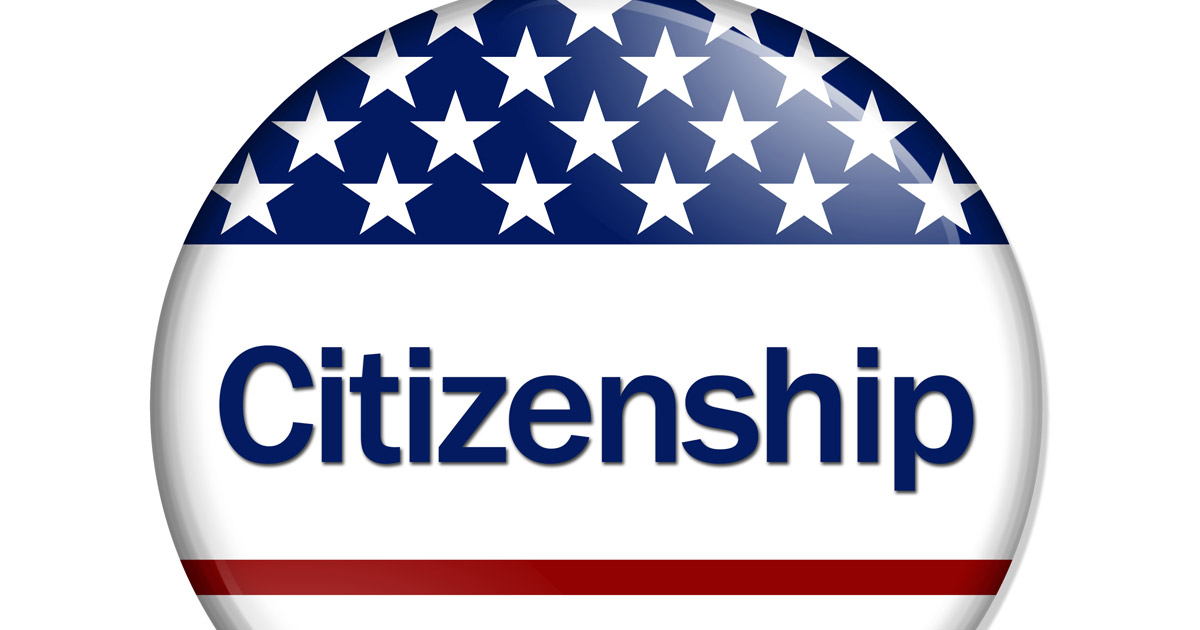On January 20, the president sent Congress a comprehensive immigration reform package, entitled the U.S. Citizenship Act of 2021, to Congress. The bill seeks to reform legal immigration, address the root causes of migration, and improve the economy for the long-term. It is estimated that there are almost 11 million foreign nationals in this country illegally, and if passed, the bill could have a significant impact on them.
The bill is the last reform enacted by the new administration pertaining to immigration. In the opening days of the current term, the president signed a record-breaking number of executive orders with about one-third of them addressing immigration.
What is the U.S. Citizenship Act About?
The goal of the new legislation is to modernize the nation’s current immigration system. The bill will impact immigrant refugees, asylum, border security, immigrant employment, family-based immigration, and humanitarian protections. A four-page report summarized the reform package’s proposed changes, which will reverse previous policies.
Foreign nationals who were in the U.S. on or before January 1, 2021 and successfully passed criminal background checks could qualify to apply for green cards after a five-year period if they met certain requirements. They would then be eligible for citizenship three years after that. There are currently per-country visa caps, which create long delays with application processing. The administration wants to reduce those wait times and help immigrants who have approved family sponsorship petitions join their family in this country on a temporary basis while they are waiting for their green cards. Asylum seekers would also benefit, specifically from elimination of the one-year asylum filing deadline and measures to decrease those application backlogs.
What Changes will Take Place with DACA?
Deferred Action for Childhood Arrivals (DACA) holders, farm workers, and Temporary Protected (TPS) holders who were in the U.S. on or before January 1, 2021 could be eligible for immediate green cards and citizenship afterwards if they meet the requirements. The proposed legislation lays out a two-phase, eight-year pathway to citizenship for this process. In the first phase, applicants would receive temporary legal status, and an option after five years to apply for permanent residency. Applicants would need to pay taxes, clear background checks, and complete other requirements. In phase two, green card holders who complete further background checks and demonstrate knowledge of English and U.S. civics can then apply to become citizens.
How will the Legislation Help Students?
There are other proposed reforms that can benefit foreign nationals who are in the country illegally. The bill proposes to increase diversity visas to 80,000 from 55,000, and to clear backlogs, eliminate long wait times, and recapture unused visas. U.S. university graduates who hold advanced STEM degrees may find it easier to stay in the country. Their chances of obtaining employment-based green cards and access to green cards by lower-wage sector workers could also improve.
The U.S. Citizenship Act 2021 may also improve protections for T visa and U visa applicants. This would entail increasing the U Visa cap to 30,000 from 10,000. Another part of the bill applies to strengthening the immigration court system by giving the judges improved training, plus discretion to review cases and grant relief in certain cases. Workers could also be protected from exploitation, and the employment verification process would also be revised.
There are added protections for families, which could prevent children from aging out. Current policy stipulates that children who turn 21 may no longer be eligible for immigration benefits as dependents on their parents’ applications. The pending legislation would expand upon the Child Status Protection Act.
The bill also includes a $4 billion package to Honduras, El Salvador, and Guatemala. The motivation is to improve living conditions in those countries, thus lowering the need for people to have to immigrate to the United States. The bill will also give the Department of Homeland Security authority to modify green cards depending on macro-economic conditions. This could encourage regional economic growth and incentivize better wages for high-skilled non-immigrant workers. The latter could help to discourage unfair competition with U.S. workers.
Philadelphia Immigration Lawyers at the MC Law Group, LLC Help Clients with Concerns Regarding Immigration Reform
U.S. immigration policies could be changing, but no one really knows what the future will bring. If you or someone you care for needs sound legal counsel with any type of immigration concern, contact the knowledgeable Philadelphia immigration lawyers at the MC Law Group, LLC. For a free consultation, complete our online form or call us at 215-496-0690. Located in Philadelphia, we serve clients throughout the tri-state area, including Pennsylvania, New Jersey, and nationwide.


